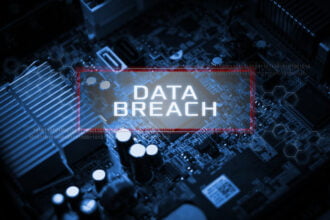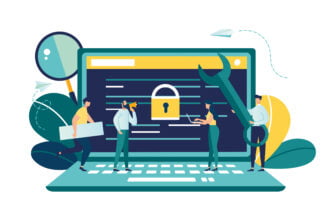Data breaches have become a common thing of today unfortunately. Many companies that store massive amounts of credit cards, passwords or other personal information have been attacked in the past few years.
Data breaches have become a common thing of today unfortunately. Many companies that store massive amounts of credit cards, passwords or other personal information have been attacked in the past few years. Only recently we saw the biggest data breach ever, when over a billion account credentials where hacked from over 420.000 websites. Some 1.2 billion username and password combinations and 542 million unique email accounts were stolen according to the New York Times.
But this massive data breach was not the only one. Companies like eBay, Dropbox, LinkedIn have seen their databases hacked. Adobe Systems even saw 153 million credentials stolen last year and during the 2013 holiday buying season Target got hacked and this data breach involved 40 million credit cards. Data breaches are expensive and there are many hidden costs involved. The data breach of Target resulted for example in the CEO to step down.
Most of the data breaches do not make the news, or only briefly. Consumers are starting to accept them as a collateral damage to the e-commerce economy. This is rather unfortunate as the costs involved in the data breaches are in the end paid for by the consumers. Companies are passing on the costs to the consumers through higher pricing. And data breaches do not come cheap. The average cost for a data breach in 2013 was over $ 5 million, as has been calculated by Authentify in this infographic. Costs involved are canceling credit cards of customers, legal defense costs and fines for organisations that have been breached because their security was not up to par.
The below infographic goes into more details regarding the costs of data breaches. Especially the Target data breach was expensive, because of fraudulent charges on credit cards and loss in profits following the breach. If companies want to prevent data breaches, they will have to invest more in data security. These investments in the end will also end-up with the customer. So whether a company is hacked or not, thanks to the criminals prices will increase for customers.
I really appreciate that you are reading my post. I am a regular blogger on the topic of Big Data and how organizations should develop a Big Data Strategy. If you wish to read more on these topics, then please click ‘Follow’ or connect with me via Twitter or Facebook.
You might also be interested in my book: Think Bigger – Developing a Successful Big Data Strategy for Your Business.
This article originally appeared on Datafloq.










